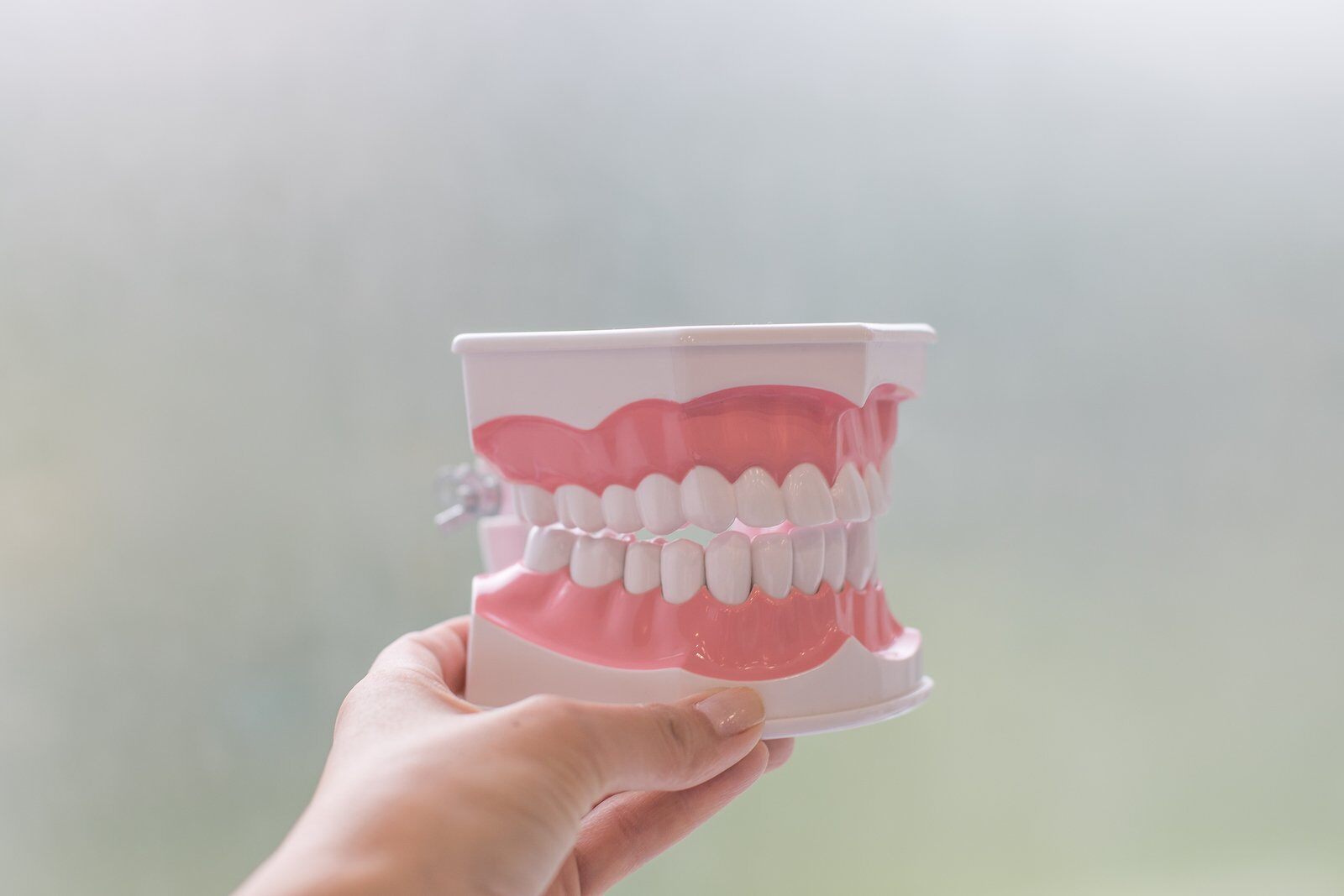TMJ Surgery Recovery Time

Summarize with AI
Countless people suffer from temporomandibular joint disorder (TMD), a painful condition that can be difficult to treat. When non-invasive therapies prove unsuccessful, some patients opt for TMJ surgery. While research has shown that surgery can be beneficial for many, it can include lengthy recovery times. Here's what you can expect after TMJ surgery.
How Long Does it Take to Recover from TMJ Surgery?
TMJ surgery recovery time varies based on the patient, type of surgery and any potential complications. If you have arthroscopy, you can expect to experience swelling and stiffness, which will subside after a few days.
If you have arthroplasty, you should expect to experience varying degrees of pain, swelling and stiffness, which could last up to a couple of weeks. When performing arthroplasty, your surgeon may have to remove bone spurs and scar tissue and/or replace or repair the disc that allows you to open and close your jaw. Your recovery time will vary based on the extent of your needs.
If you have total joint replacement, you will need to recover in the hospital for three- to five-days. You will also need at least two weeks of at-home recovery time before you can return to work or begin eating somewhat normally.
In certain instances, general complications can prolong your recovery time. The most common examples include bruising, pain or potential infections. Patients may also experience jaw tenderness, stiffness and numbness. Your recovery time will depend on all of these factors.
What Will My Post-Operative Instructions Be?
After surgery, your surgeon will provide specific post-operative instructions based on your unique needs. Common post-operative instructions typically include:
- Apply ice or cold packs to the affected area of the face for the initial 12 to 24 hours after surgery.
- Use pillows to keep your head elevated while lying down to reduce swelling.
- After showering, gently pat your face with a towel instead of scrubbing or rubbing the area.
- After 48 hours, you can apply a warm cloth or heating pad to the affected area to reduce discomfort.
Your surgeon will typically use resorbable sutures to close the surgical site. These will dissolve on their own without needing to be removed.
What Can I Expect During Recovery?
While your post-operative experience will vary depending on the type of surgery, you can expect the following:
- Pain and/or discomfort: The pain you feel after TMJ surgery is due to inflamed tissues. Your surgeon will likely prescribe pain medications and steroids to help manage this pain. After the first few days, you should be able to manage any discomfort by taking over-the-counter pain medication.
- Limited ability to open your mouth: Since inflamed joint tissues can make it difficult for you to open your mouth, you should avoid straining your muscles to avoid injury and pain. Your surgeon will provide information about exercises you can do to improve your range of motion. That said, depending on the severity of your original issue, you may not achieve normal mouth opening for months.
- Chewing difficulties: Because patients tend to have trouble chewing after TMJ surgery, your surgeon will recommend a soft or liquid diet based on your needs and limitations. You may need to consume pre-packaged nutritional shakes or blend foods and drink them through a straw for a short time.
After surgery, you will need to schedule weekly dental visits to monitor your progress and watch for complications. During these visits, your dentist may make adjustments to the removable splint. He or she will also recommend jaw exercises and physical therapy to enhance the recovery process.
.png)

